Resources
We have a number of resources which can support you in optimising the wellbeing of the people and communities you work with, enabling them to 'Live as well as they can'
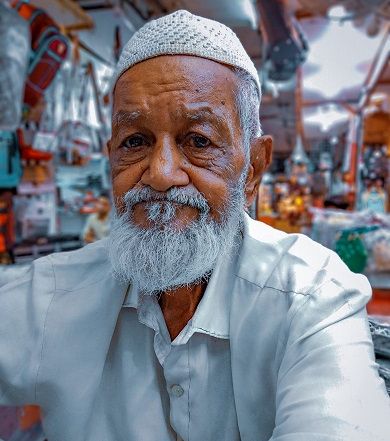
1. Uniquely Me
'Uniquely Me' is a record of a person’s life story and preferences for their daily activities which focuses on the individual, taking into account among other things their life history, how their culture impacts on their behaviour, values, beliefs, preferences and how they would like to be cared for. Its primary use is for people living with dementia and most importantly it asks the care provider to look past the dementia and see the PERSON living with dementia. However it has also been found to be invaluable for people who are unable to communicate their own needs easily e.g. someone with learning disabilities, or whose first language is not English.
It is a very simple A4 double sided sheet that can be used to record important information that can make all the difference in making sure that an individual receives the care that is best for them. A prompt sheet is provided to make completion of the form easier.
The major benefit of 'Uniquely Me' is that all the information is recorded on a single A4 sheet to keep the record brief. This means that concise information about the person can be used easily in the shortest time possible, compared to other records e.g. in booklet form. This documented, vital information can be used by care staff to reduce the time taken to complete their formal documentation such as Assessments and Care Plans.
'Uniquely Me' (originally called 'About Me') was developed in July 2006 by Ruth Chauhan in response to a number of concerns raised with PALS (Patient Liaison and Advisory Service) in the hospital where she was working as a Senior Nurse. Numerous complaints had been made by relatives and carers of people living with dementia regarding the poor standard of care that older people who were confused were receiving in relation to nutrition, hygiene and a general understanding of the needs of the individual. It was recognised that in order to provide appropriate care for these patients it was essential to pay attention to both their physical and psychological needs by learning more about them as a unique individual with specific needs.
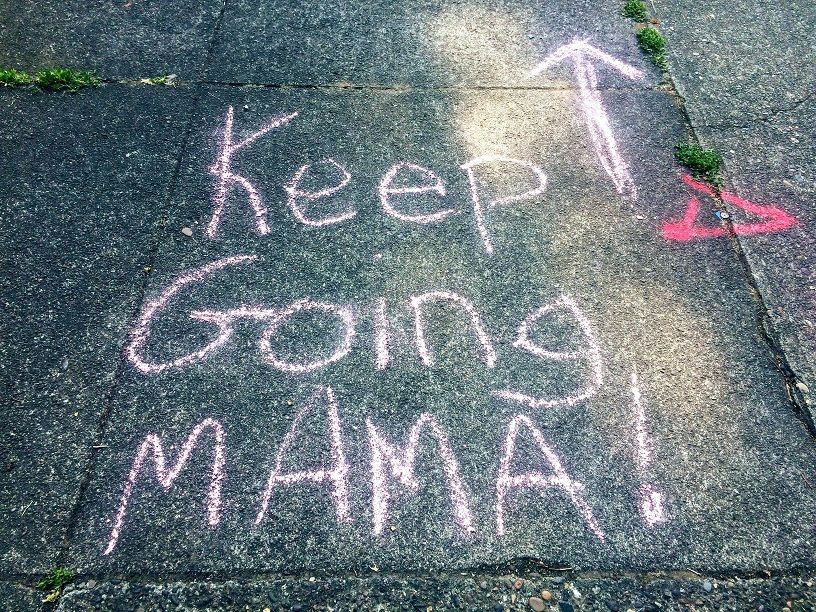
To accomplish this, it was agreed that it was necessary to provide information to care staff, in a simple format, which would help them to understand the person, taking into account their life experiences, values and attitudes, recognising the whole person not just their diagnosis. Relatives/Carers were involved in the development of 'Uniquely Me' and commented that it had given them the opportunity to participate and be involved in their loved one's care and that they felt more confident that they would receive the appropriate care. Following the implementation of 'Uniquely Me' there was a reduction in the number of formal and informal complaints at ward level.
If you think that 'Uniquely Me' is something that would improve the care experience for someone you know or would like more information, please contact us.

2. Wellbeing Improvement Programme
It is widely accepted that by keeping active, eating healthily and keeping your mind active you can reduce the risk of developing Heart Disease, Type 2 diabetes and dementia. It can also help with the self-management of Long Term Conditions. In response to the fact that this is easier said than done we developed a 'Wellbeing Improvement Plan' (Plan) using an approach which puts responsibility for health, happiness and independence firmly in the hands of individuals and communities while recognising that many people need help and advice to achieve this.
The Plan is an innovative, unique, evidence based tool which was developed, evaluated and amended through our work with a broad range of statutory, voluntary organisations and individuals including older people and those from marginalised and diverse minority groups.

The Plan identifies the risk factors that have the greatest impact on an individual's health and wellbeing and recommends actions they can take which will address their personal risk. The Plan empowers individuals to feel more in control of their health and wellbeing enabling them to make informed decisions which lead directly to improvements in quality of health and life. The Plan captures, monitors and measures the progress of individuals in meeting their identified health and wellbeing goals.
Individuals have an initial assessment of their health and wellbeing which is used as a baseline to monitor any change over a 12 week programme. An action plan is developed to address the personal risk issues which have been identified. We provide a programme of advice, support and activity sessions to address the identified risks. This is implemented by a Wellbeing Facilitator or Wellbeing Buddy volunteers on a weekly basis either 1 to 1 or in group sessions.

The advice takes into account the dietary and cultural needs of the client group, looking at acceptable dietary alternatives to reduce saturated fat, sugar and salt intake and encourages increased physical activity.
The importance of regular exercise in helping to reduce the impact of several diseases, such as osteoporosis, diabetes, high blood pressure, heart disease, stroke and dementia is emphasised.
Following the initial assessment to identify risk factors and development of an action plan to address issues, further assessments are carried out after 6 and 12 weeks to monitor change.

We work with Community Groups, Faith Groups including Hindu and Sikh Temples, Mosques, Churches, Extra-Care Housing Schemes, GP Practices and Pharmacies to identify individuals who would benefit from using the Wellbeing Improvement Plan.
If you think that the Plan is something that would help you or someone you know to improve their physical, emotional or mental wellbeing or would like more information, please contact us.
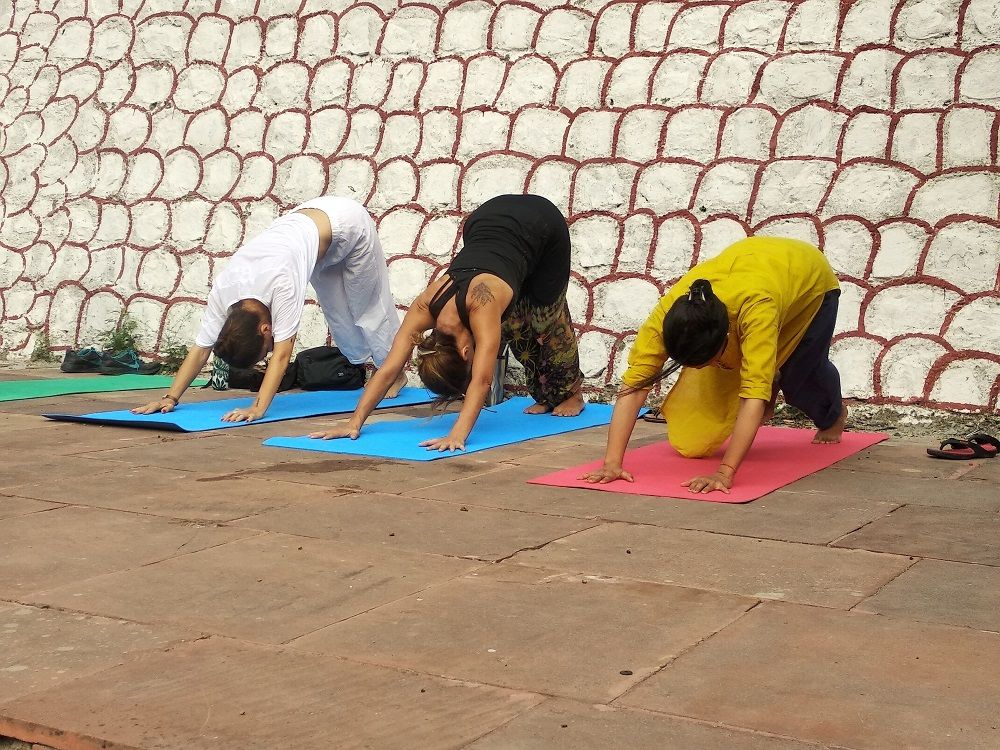
3. Exercise
Regular exercise is important in reducing the risk of Heart Disease, Type 2 diabetes and dementia but also in helping to reduce the impact of several other diseases and conditions such as osteoporosis, high blood pressure and stroke. Even a little activity can improve balance, strength, muscle power and blood pressure.
Regular exercise helps with
- improving independence
- reducing pain from arthritis
- improving sleep
- reducing the risks of falling and fractures
- improving mood
- improving cognition - all the mental activities that are used to learn new things, solve problems, make decisions and remember things
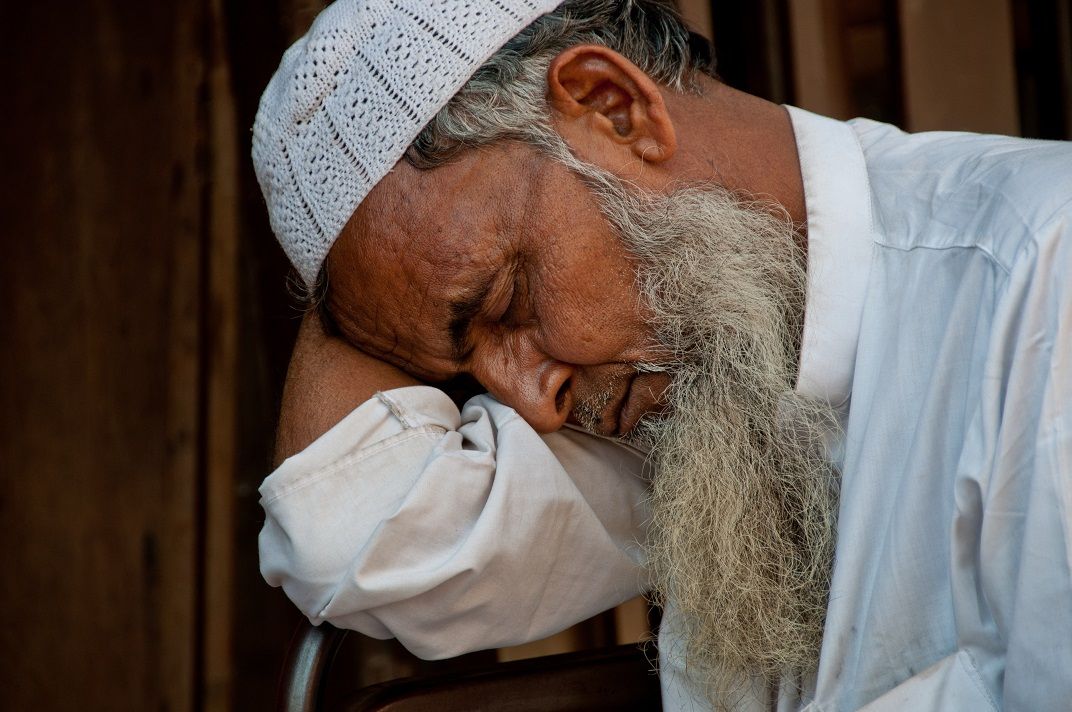
We encourage people to be more active and highlight the risks that come with inactivity. We suggest that they should start with building exercise into their daily routines for example going for a walk, taking the dog for a walk, gardening, doing the housework, walking up the stairs instead of using the escalator or lift, getting off the bus one stop before the planned destination and walking the rest of the way, parking further away when shopping, doing yoga or dancing. Each person is encouraged to find out what works best for them.
We also encourage them to take part in regular exercise sessions, run by partner organisations, which promote increased activity with exercises tailored to the needs of different client groups.
If you would like advice on local groups which you can join, general advice about exercise or would like more information, please contact us.
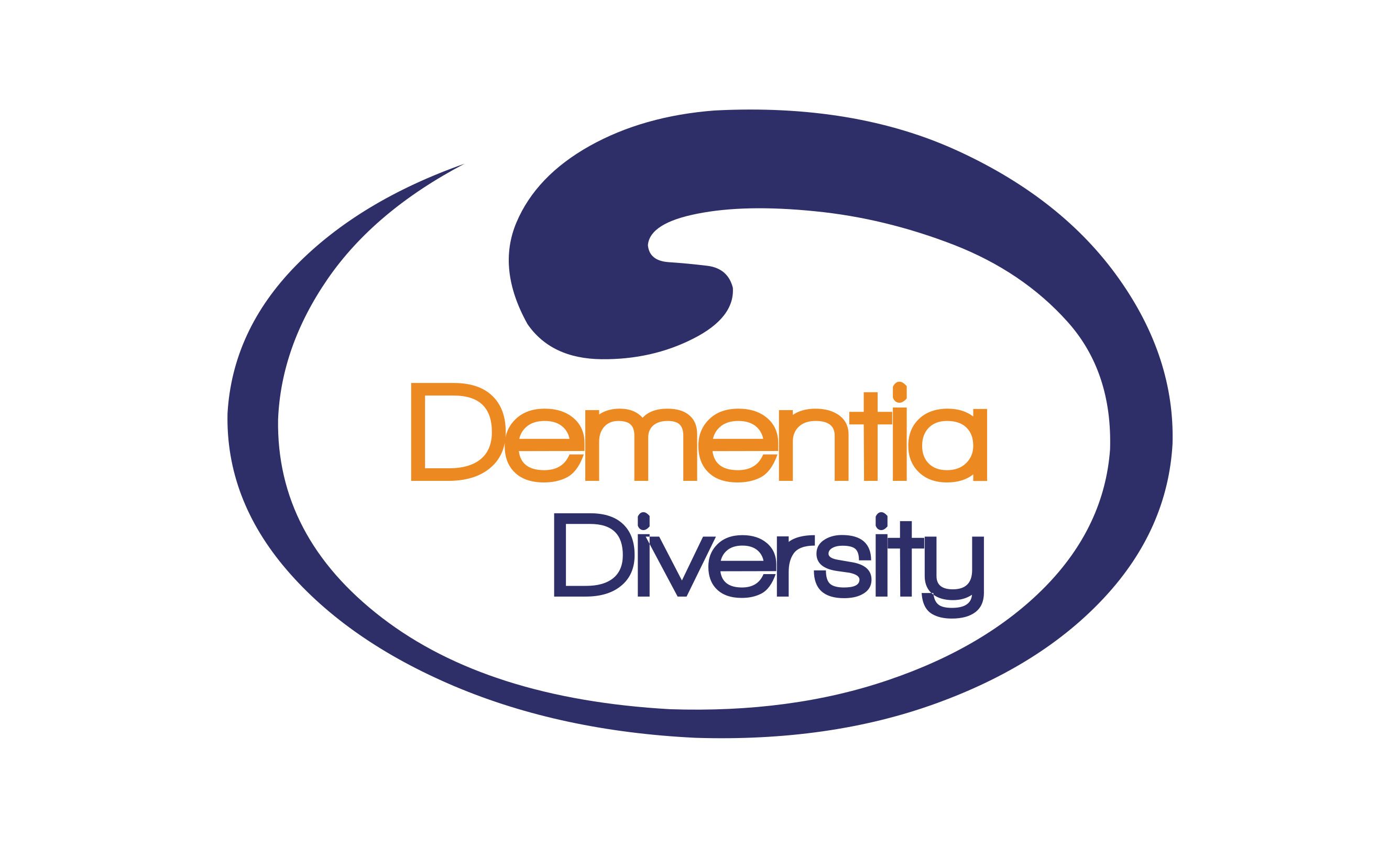
4. Dementia Diversity - supporting people to live as well as they can with dementia
This initiative of AMBA Care Solutions was set up as we believe that by working together with individuals, communities and organisations who are committed to delivering solutions which meet the identified needs of people living with dementia, we can build communities which can help people to live as well as they can with dementia.
We have a number of resources which are described briefly below. For more information and to see how you can get involved visit our Dementia Diversity website
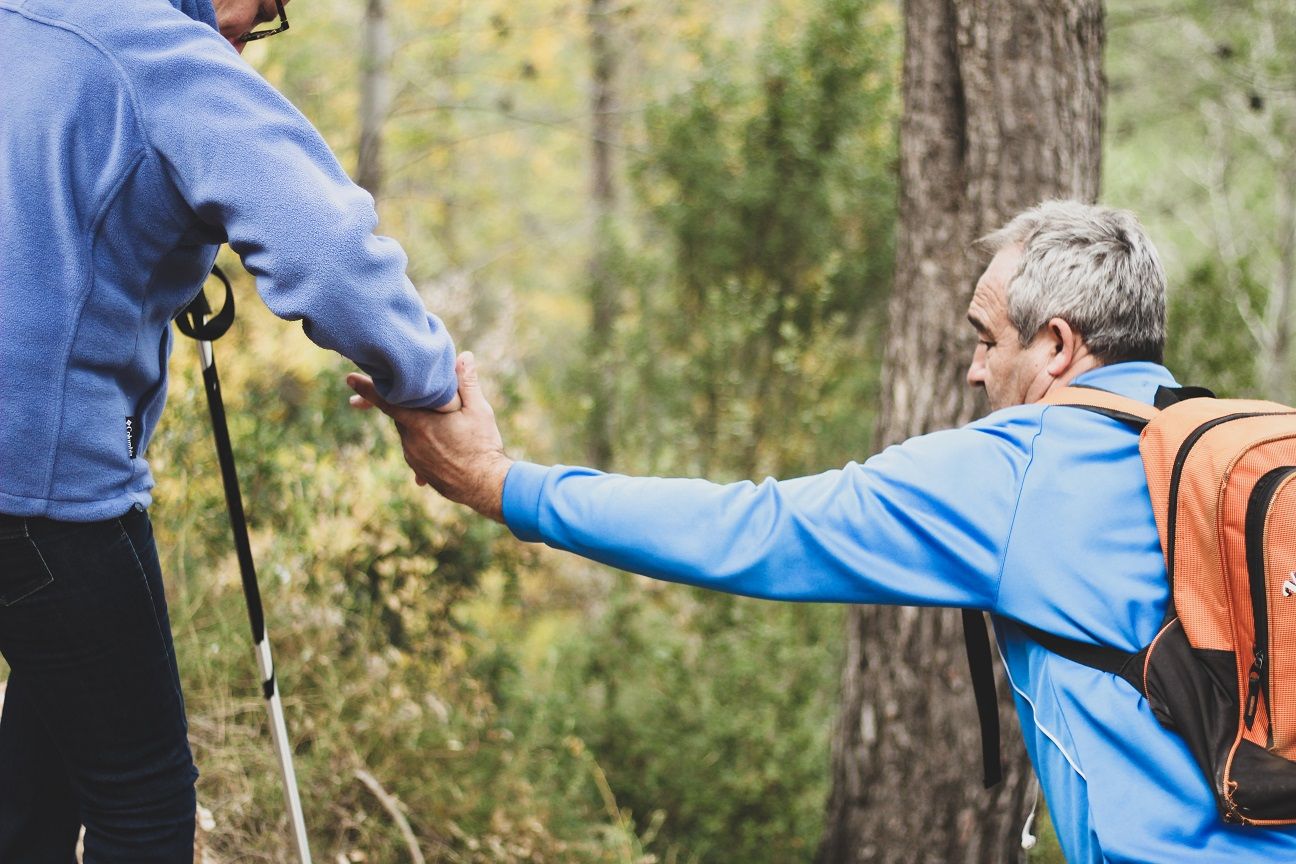
4.1 Dementia Buddies
A Dementia Buddy is a volunteer who wants to make a positive difference to the lives of people living with dementia and/or their unpaid carer by providing a befriending service.
We choose our volunteers carefully to ensure that they are a good communicator who can engage effectively in a kind, compassionate, respectful and empathetic way.
All our Buddies receive comprehensive training and support to enable them to carry out the role effectively. We make sure that they have a good understanding of dementia and are able to engage positively with the people they befriend. All our volunteers are enhanced DBS checked to ensure that a safe service is delivered at all times.
Dementia Buddies can make a positive difference to the lives of people living with dementia and/or their carers. They provide information, support and motivation to enable people to make the best of their experience of living with dementia. Dementia Buddies agree with the person living with dementia and their family the kind of support they want which can be assisting with activities to help with memory and cognition; going for a walk; accompanying them to places where they like to go. The Buddy can also keep the person with dementia company so that their carer can go out alone to an appointment, the hairdressers or shopping for example.
Buddies help the people they befriend to address the issues which are affecting their wellbeing, enabling them to gain more control and have a better quality of life.
If you would like more information or want to refer someone to this service, please call:-
Ruth Chauhan, Health, Wellbeing & Dementia Specialist on 07974 727223 or email ruth@amba-uk.org

4.2 Focus Groups
We passionately believe that it is vital to ensure that people with lived experience of dementia, particularly those from minority groups, are involved in, and influence everything we do.
One of the ways people with lived experience can be involved is through our Focus Groups where they can share their experience and knowledge to identify good practice in the provision of services to people living with dementia. Through the Focus Groups we gather information about the current status quo and how best to engage and provide appropriate support and information. Participants help us to identify priorities, needs, concerns and barriers to accessing care from the perspective of those living with dementia and/or their carers.
This approach goes a long way to overcoming the current divide between service provision and the failure to meet the specific needs of people living with dementia from minority groups, by recognising that as members of the target community, they are best placed to interpret and feedback on the their specific, identified needs.
If you would like to be involved in a Focus Group or would like more information, please contact us.
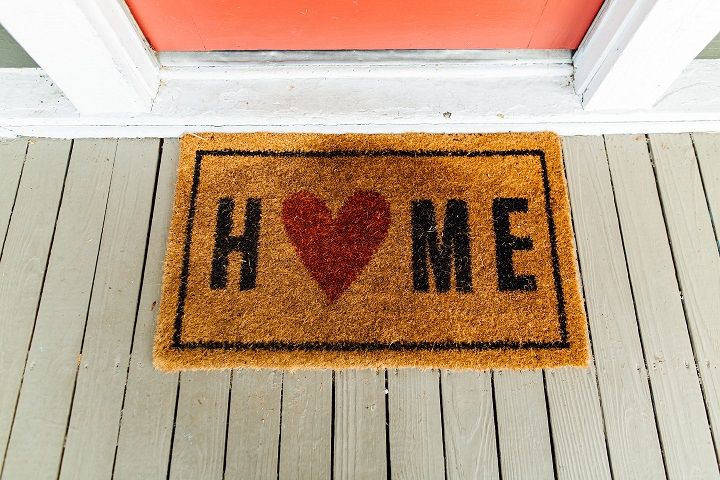
5. Extra Care Housing
Extra care housing describes housing developments that enable self-care and independent living by providing self-contained homes with design features and support services. Extra care housing includes very sheltered housing, housing with care and retirement communities or villages with common features:
- purpose-built with accessible building design that promotes independent living and supports adults to have a ‘home for life’
- fully self-contained properties where occupants have their own front doors
- tenancies or leases which give residents security of tenure and the right to control who comes into their home
- some communal spaces and facilities
- care and support services accessible 24 hours a day
- community alarms and other assistive technologies
- fob or person-controlled entry to ensure safety and security
- office, or work space for use by staff serving the scheme and sometimes the wider community
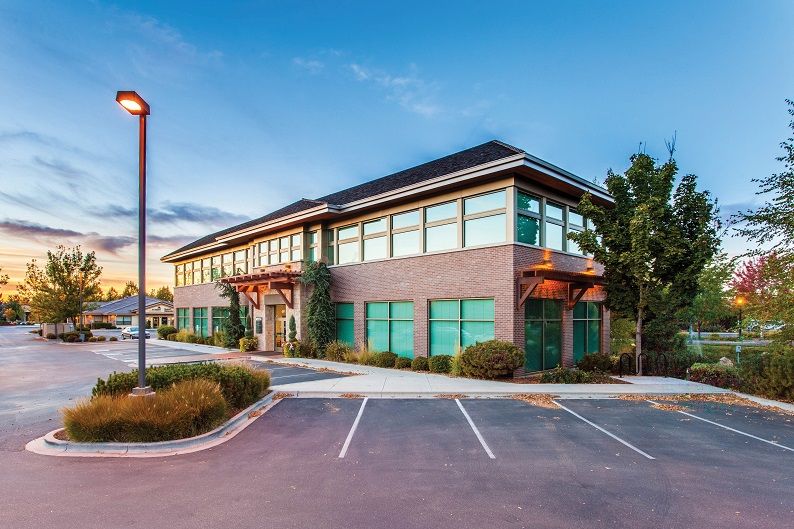
Some schemes have additional facilities, which may be open to the local community at reasonable charges. Some examples of this are restaurant and gym facilities, meeting rooms and public areas. Increasing use is being made of telecare devices in extra care housing developments for example, fall detectors for adults who are prone to falling, or devices for adults living with dementia who like to 'walk with purpose'.
Occupants may own their own home, be part owners or tenants. In contrast to residents in care homes they all have legal rights to occupy underpinned by housing law. In addition, agreements are put in place that cover the provision of care, support, domestic, social, community or other services. Residents in extra care homes do not usually have to obtain their care services from a specific provider, but other services for example domestic services, costs for communal areas including a catering kitchen, and in some cases some meals, might be built into the charges residents pay.
Extra care housing is continuing to evolve and is highly diverse. There are some common ingredients and approaches which characterise it and evidence is emerging about its contribution to older adults’ wellbeing. A recent study found that extra care housing can also have a major impact in promoting residents’ quality of life and reducing feelings of loneliness and isolation
The 'extra' in extra care housing describes the care services which are provided that can:
- respond quickly to a resident’s changing needs
- provide unplanned care if it is required in addition to planned care
- provide assistance in response to an emergency
AMBA Care is very aware that there is a lack of appropriate extra care housing for older adults from diverse minority communities and we are committed to work in partnership with others to address this issue.
Older adults from marginalised and diverse minority communities have limited access to and choices in extra care housing for a number of reasons including
- limited awareness or understanding of available housing options by older adults from diverse minority communities
- failure to involve older adults from diverse minority communities in the service development process
- service providers make assumptions regarding the individual preferences of older adults from diverse minority communities
- service providers have limited understanding of specific religious and/or cultural needs and how these impact on daily living
- service providers believe that the needs of older adults from diverse minority communities are met by employing a few staff members with language skills and/or cultural knowledge
- unsuitable scheme location, for example the importance of being near community facilities such as shops selling ethnic foodstuffs and places of worship is not taken into consideration
- the need for a 'sense of belonging' is not fully understood by service providers
- inconsistent allocation policies between service providers
'Integrating health and housing can ensure that those living with long term conditions receive the right support and treatment regardless of ethnicity, gender or social circumstances' Kings Fund 2019
Amba Care’s proposed solution is to work in partnership with housing providers to develop culturally appropriate extra care housing which will also include our Wellbeing Improvement Plan initiatives
- interventions to facilitate the prevention or self-management of Long-Term Conditions
- activities, support and advice to improve wellbeing and mental health
- activities, support and advice for adults living with dementia and/or their unpaid carers
Amba Care brings added value gained
- by having developed and managed Housing Group/ Schemes
- through extensive experience of developing solutions to meet the housing, health and care needs of diverse minority communities
- through integrating work across agencies to deliver housing-based services to tenants in their home or nearby
- through working with the NHS and Social Care organisations
- through managing older adults’ services in Acute Hospital setting
- by developing and delivering health related initiatives such as Integrated Intermediate Care, Home from Hospital
- by initiating and developing various Community Infrastructure Programmes
- by successfully bidding for primary care programmes such as the management of GP Surgeries, Sexual Health, the Management of Long Term Conditions
- through undertaking Research programmes such as Dementia, Engagement of Older Adults in Decision Making processes
- by delivering health and wellbeing initiatives including improving care for adults living with dementia
If you think our vision to provide extra care housing for older adults from minority ethnic groups is something you would like to know more about or could get involved with, please call Dr Jay Chauhan on 07572 110569 or email jay@amba-uk.org